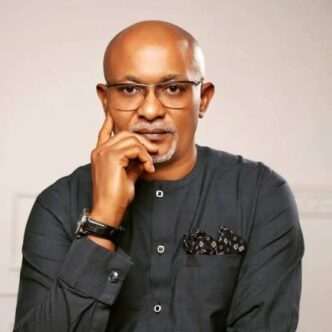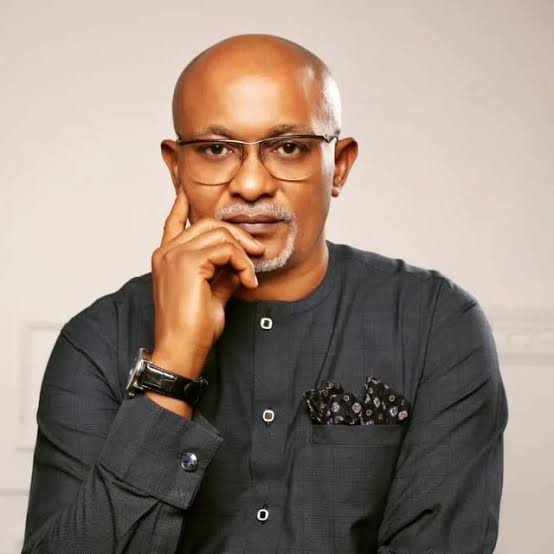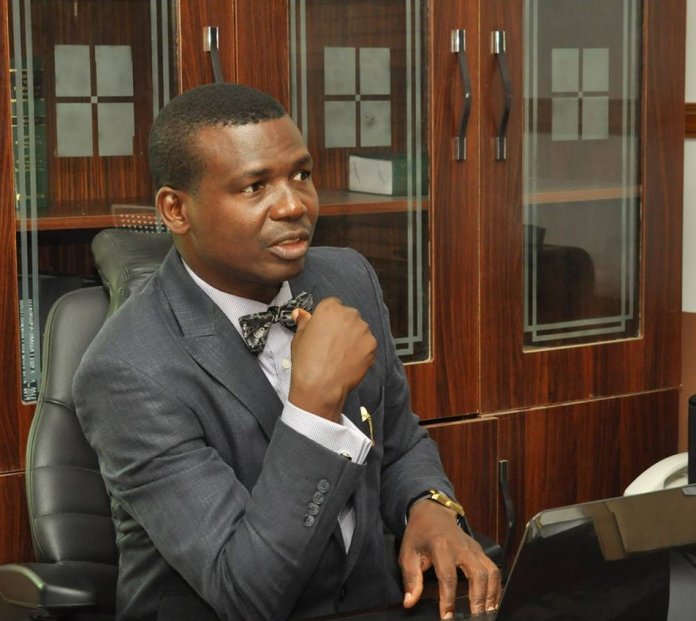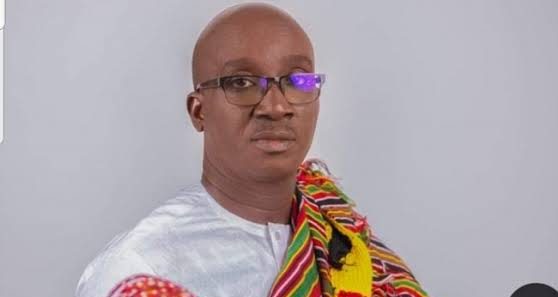The sudden and total withdrawal of U.S. funding for global health programs, announced recently under former President Donald Trump’s renewed influence, has sent shockwaves across the world—and nowhere is the impact more acutely felt than in Africa. For Nigeria, this development threatens to unravel decades of progress in combating communicable diseases and improving public health outcomes. With no clear timeline or alternative support mechanisms in sight, the need for urgent action has never been greater.
This is not just a crisis—it’s an opportunity for Nigeria to rethink its approach to public health financing and build systems that are resilient, sustainable, and independent of external aid.
The Context: What Just Happened?
In a dramatic move, the U.S.—historically the largest contributor to global health initiatives—has abruptly pulled out of funding key programs through agencies like the World Health Organization (WHO) and the United States Agency for International Development (USAID). This decision comes at a time when many African nations, including Nigeria, rely heavily on these funds to address critical health challenges such as HIV/AIDS, malaria, tuberculosis, and maternal health.
To put this into perspective:
Now, with this sudden withdrawal, Nigeria faces a potential funding vacuum that could cripple its already fragile healthcare system. Without immediate intervention, the consequences could be catastrophic.
Why Nigeria Must Act Now
Nigeria’s public health landscape is fraught with challenges:
These figures highlight the urgency of the situation. Without alternative funding sources, millions of lives are at risk. The clock is ticking, and Nigeria must act decisively to fill the gap left by the U.S. withdrawal.
A New Framework for Public Health Financing
To mitigate the fallout from this unprecedented move, Nigeria needs bold, innovative strategies to secure its public health future. Here are some actionable steps:
1. Streamlining Public Health Institutions
2. Engaging the Private Sector Through Tax Incentives
3. Boosting Local Manufacturing of Health Products
4. Strengthening Public-Private Partnerships (PPPs)
An Opportunity for Regional Leadership
Other African countries facing similar challenges can benefit from Nigeria’s leadership in navigating this crisis. Platforms like the African Union (AU) and the African Medicines Agency (AMA) provide opportunities for collaboration and knowledge-sharing.
For instance:
By taking decisive action now, Nigeria can set an example for the continent—and potentially inspire a wave of innovation across Africa.
Let’s Have an Open Dialogue
The stakes couldn’t be higher. How should Nigeria respond to this sudden withdrawal of U.S. funding? What role can technology play in optimizing resource allocation? And how do we balance short-term emergency measures with long-term systemic reforms?
We invite you to join this critical conversation. Share your thoughts, experiences, and ideas using #RethinkPublicHealthNG. Together, let’s chart a new course for public health financing—not just for Nigeria, but for the entire African continent.
Dr Sam Ikoku is a Productivity Consultant based in Abuja, Nigeria.
Gatekeepers News is not liable for opinions expressed in this article, they’re strictly the writer’s











